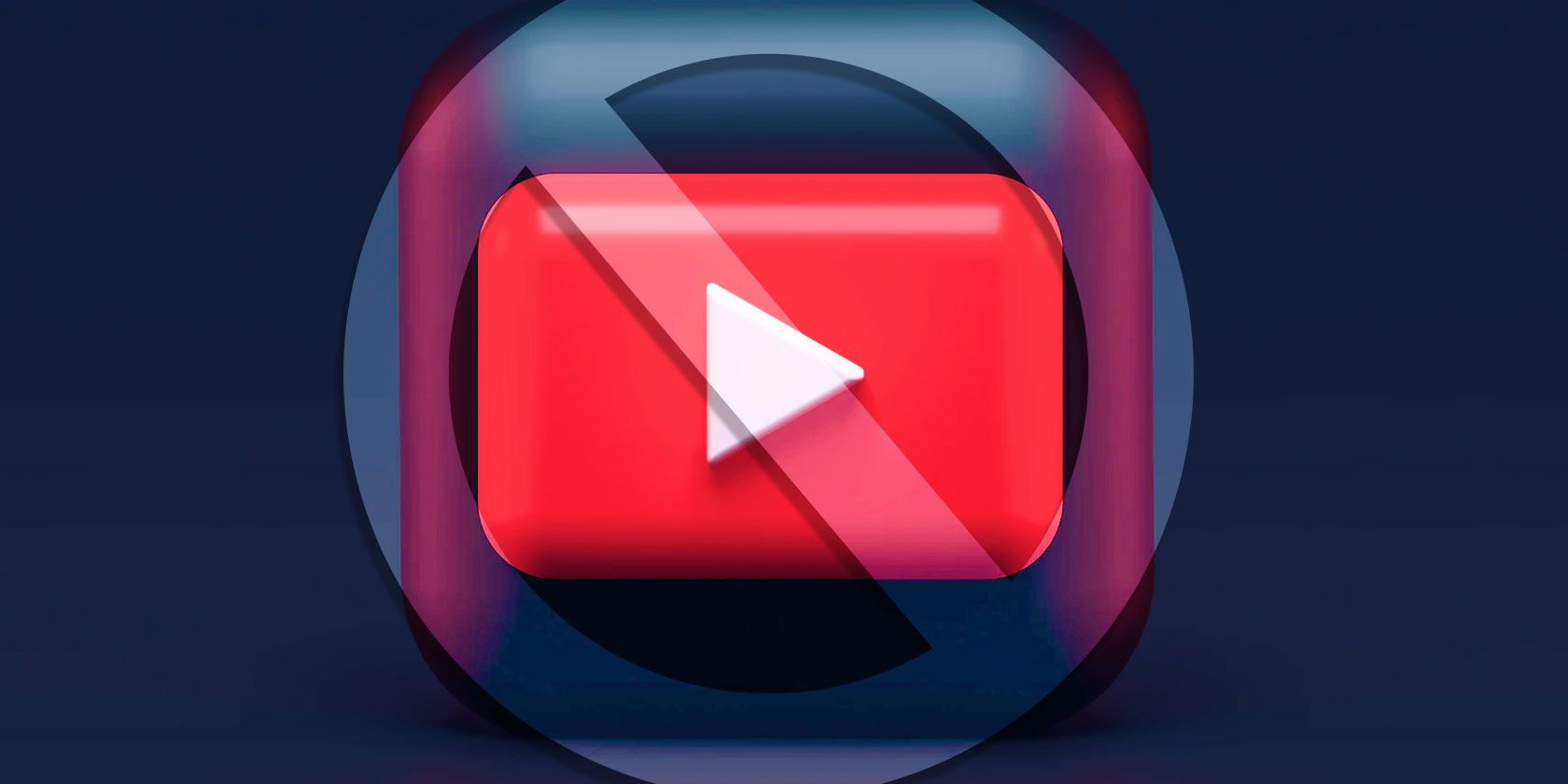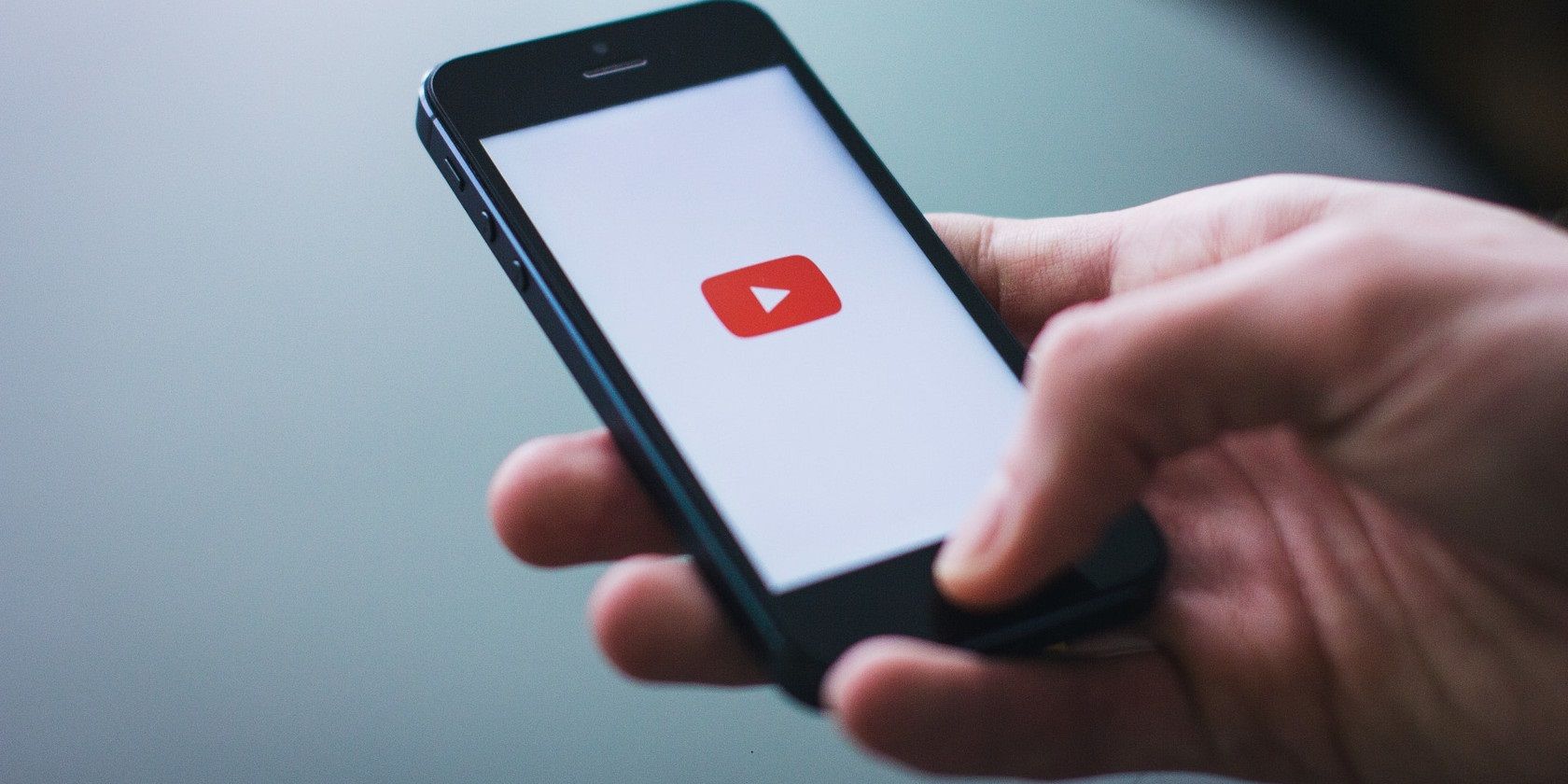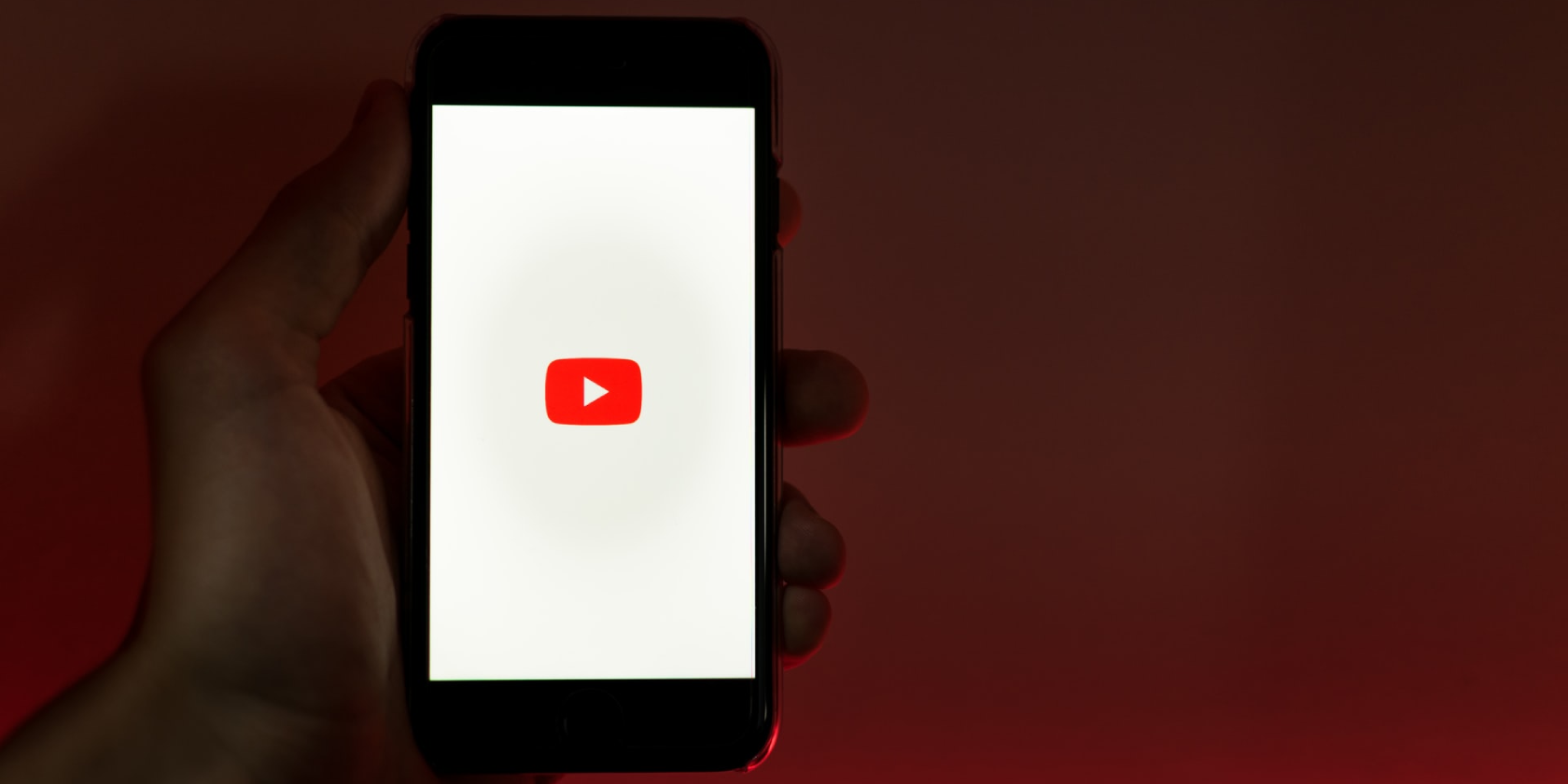YouTube is a great source of entertainment for people around the world. But, not all countries have welcomed the video sharing platform as enthusiastically as others.
Several countries have placed restrictions on YouTube, including Brazil, Germany, China, Iran, and Turkey. While many restrictions have been temporary, some countries have had bans in place for years and don’t seem to be letting up.
Here is a list of five countries where YouTube is banned...
1. China
China is one of the most technologically advanced countries in the world. However, China's government imposes certain regulations on what its citizens can see and do online.
YouTube was first blocked in China in October 2007 for five months. Chinese people were again able to access YouTube from then until March 2009 when it was blocked again. Since then, the block has remained in place.
There are many theories on why YouTube is restricted in China. One of the most plausible explanations is that it was blocked in China because it did not comply with the requirement of operating servers in China and conforming to the censorship requirements of the Chinese state.
A local alternative is Youko, a video streaming platform that functions similarly to YouTube.
People who wish to access the platform can still watch YouTube from some places in China including Hong Kong, Macau, the Shanghai Free Trade Zone, specific hotels, and by using a VPN.
2. North Korea
North Korea is one of the most isolated countries in the world. Its government limits access to information and imposes severe restrictions on internet use, among other forms of communication.
The only people who are allowed online are those with official permission.
According to a report on Global News, YouTube was banned in North Korea in June 2016 alongside Facebook, Twitter, and South Korean websites.
This ban seemed to had been targeted at foreigners as the majority of North Koreans already didn’t have access to YouTube because of the general restrictions on the use of the internet.
In place of the internet, North Koreans use a national intranet or “Kwangmyong” with predefined and monitored web content.
3. Iran
Iran blocked access to YouTube (and other Google products) in 2012 after an incendiary movie trailer was posted on the platform.
Iran had earlier blocked and reinstated access to YouTube twice, in 2006 and 2009.
According to a report on CNN, Google and YouTube were banned “because of public demand” for continuing “to carry the film clip that insulted [Iranian] people’s sacred beliefs”.
Some users reported that Iran's ban was unexpectedly lifted in 2016, according to The Telegraph. However this was only temporary.
4. Sudan
YouTube was banned in Sudan in September 2012 for the same reason it was banned in Iran—the release of the trailer for Innocence of Muslims.
According to Reuters, YouTube was banned for ignoring a request by the Sudanese authorities to block access to the controversial film.
5. Turkmenistan
Turkmenistan's state-owned internet service provider blocked YouTube in 2009. According to Russia Today, YouTube’s restriction was part of an effort to purge websites not favored by the Turkmen Government.
According to Reporters Without Borders, media in the country is heavily censored and the few citizens who are able to access the internet often do so in internet cafes where they must present their IDs.
Why Do Certain Countries Restrict Access to YouTube?
Countries restrict access to YouTube for many reasons. For example, YouTube was temporarily restricted by the United Arab Emirates government in 2006 for not separating adult content from regular content.
Libya also placed a temporary ban on YouTube after videos of demonstrations in the Libyan city of Benghazi by families of detainees killed in Abu Salim prison in 1996 emerged on the platform.
Bangladesh was another country to restrict YouTube due to the Innocence of Muslims film. The country placed restrictions in September 2012, but the ban was lifted nine months later in June 2013.
More Countries Block YouTube Than You Think
YouTube restrictions are more common than you might think.
While some result from censorship and totalitarian governments, some blocks or restrictions go without explanation or relate to government relations with the internet company.



